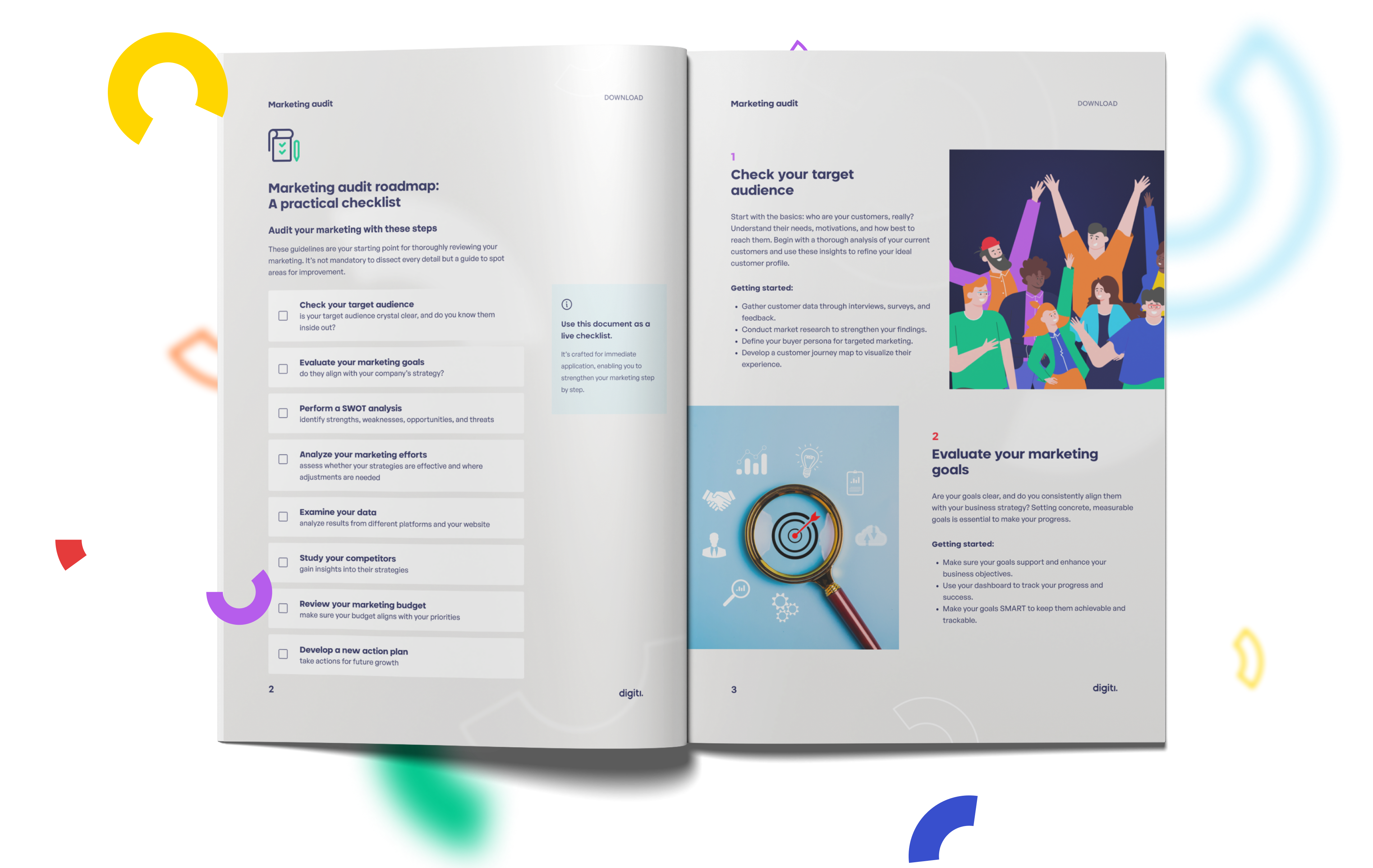Let’s dive in: how to challenge your team and agency?
Set clear expectations from day one
Evaluate and find gaps in their expertise
Transparency in everything is crucial
Ensure regular check-ins and excellent communication between all parties
Create an environment with proactive and flexible collaboration
You cannot work without constructive feedback
Dare to self-reflect
1. Clear Expectations? Always.
Start with clear language. What do you expect? When? And how? This is your foundation. Not just for the metrics but also for your team's vibe. Make sure they get it, feel it, and rock it.
Previous leadership? No excuses! It doesn't matter how the previous manager led; now it's your turn. Your leadership, your rules.
Document everything: create your playbook. What are the daily routines, the must-dos, and the no-gos? Put it in black and white so that everyone knows what the deal is.
Set the framework: what's the goal? What are the limits? What do you expect in terms of results, and when? Make it real, measurable, and achievable.
Your role, their script: clarify your role as a coach. How often will you check in? In what way? They need to know you're there to guide, not micromanage.
Results ≠ Everything: of course, results count. But they're not the only thing that matters. Don’t put all your eggs in one ROI basket.
Reality check: new to the game or an old hand, expectations must be realistic. Remember: market changes, budget fluctuations, competitive moves – it all plays a part.
Look beyond the numbers: are the results lacking? Ask for the 'why.' A strong team knows its weaknesses and already has a plan to address them.
2. Check and stretch expertise
Top performances? They come from a top team. Are they up-to-date, or are they lagging? Spot the gaps and fill them. Training, bringing in new brains, everything to keep your team sharp. Because as they grow, your business grows.
Expertise is key: it seems obvious, but is everyone really up-to-date with the latest tricks and strategies in the marketing world? That social media wizard on your team, is he also an SEO guru? Or is there a gap that needs filling?
Regular skill-checks: put that expertise under the microscope. Where do they excel, and where could they use some magic? Encourage self-reflection and let them discover their own growth paths. This is where your leadership takes center stage.
Tailored development plans: each team member is unique. Set up personalized growth plans that not only challenge them but also support their professional journey. Mix and match training, workshops, and perhaps even new roles.
Now, regarding your marketing agency:
Are they strategic partners or just nodding heads? You want more than yes-men. You're looking for partners who proactively think along, who have your business growth in mind, and who offer strategies that resonate with your vision.
Certification check: are they certified in the tools you use? A partner skilled in Google Ads, Analytics, Facebook Ads, or any platform shows commitment and expertise.
Up-to-date and innovative: the digital world never stands still. Ask if they embrace the latest trends, platform updates, and innovations and how they integrate these into your strategies. Are they still running campaigns from two years ago, or are they forward-thinking and dynamic?
Knowledge and transparency: can they clearly explain which strategies work best and why during a briefing? Or does it feel like they need to do their homework before they can answer your questions?
By stretching, testing, and training your team and your agency, you ensure constant evolution, a dynamic that keeps you always a step ahead. Not only do the individuals within your team grow, but your entire business, your collective expertise, and the success of your marketing efforts do as well. Keep them sharp, keep them growing, and see how far they can go!




